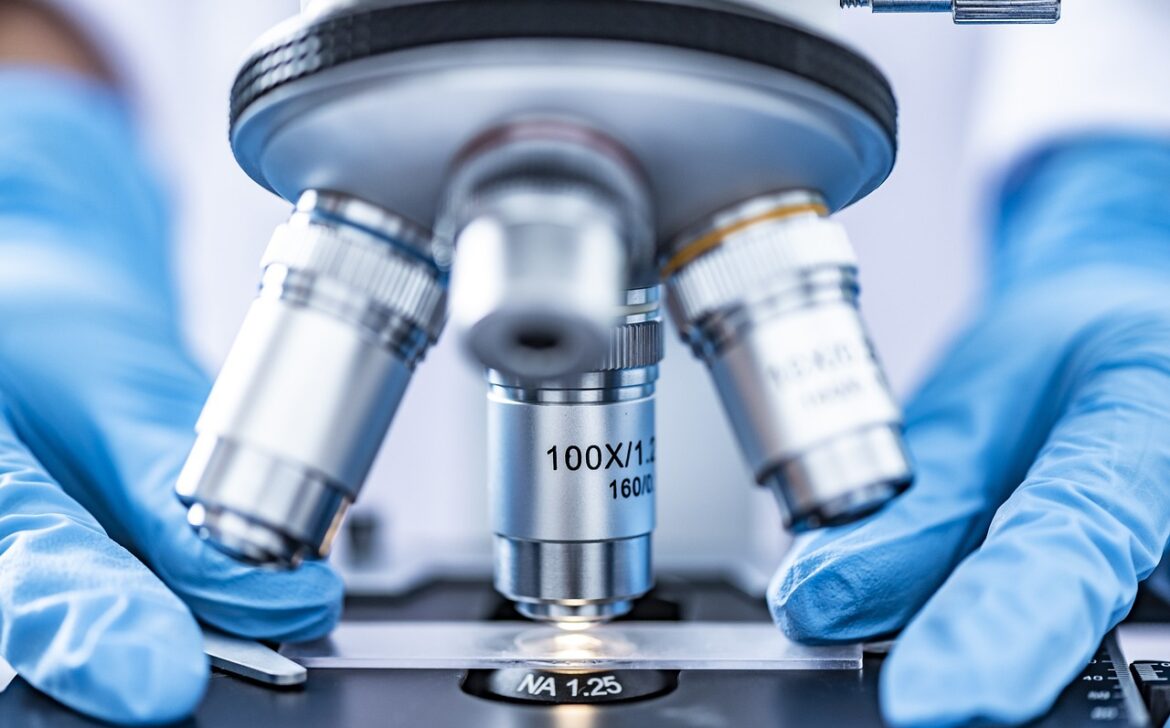Biotechnology: Unveiling the Science of Possibilities and Transformations

Introduction
In the realm of scientific advancements, few fields have the power to reshape the world as profoundly as biotechnology. This interdisciplinary science has transcended the boundaries of traditional disciplines, fusing biology, chemistry, genetics, and engineering to unlock solutions that hold the potential to revolutionize healthcare, agriculture, and beyond. In this blog post, we embark on a journey into the captivating world of biotechnology, exploring its applications, ethical considerations, and the extraordinary impact it is making on our lives.
Unveiling Biotechnology: A Nexus of Science and Innovation
Biotechnology is the manipulation of living organisms and systems to develop novel products, processes, and technologies for the betterment of humanity. Its reach is vast, spanning a spectrum of applications that harness the inherent properties of cells, molecules, and genetic material to address diverse challenges.
Applications Across Industries
- Healthcare: Biotechnology plays a pivotal role in drug discovery, development, and personalized medicine. Genetic engineering enables the creation of targeted therapies that address specific genetic mutations, revolutionizing the treatment of diseases like cancer and genetic disorders.
- Agriculture: Biotech innovations enhance crop yield, quality, and resistance to pests and environmental stresses. Genetically modified organisms (GMOs) are engineered to withstand harsh conditions, contributing to food security in a rapidly changing world.
- Industrial Biotechnology: This facet harnesses biological processes to manufacture biofuels, enzymes, and chemicals in an environmentally sustainable manner, reducing reliance on fossil fuels and minimizing the carbon footprint.
- Environmental Remediation: Bioremediation employs microorganisms to clean up polluted environments by breaking down contaminants, offering a greener approach to pollution control.
- Biopharmaceuticals: Biotechnology has paved the way for the production of biopharmaceuticals, which are derived from living organisms and offer treatments for diseases like diabetes, multiple sclerosis, and autoimmune disorders.
Ethical Considerations
While biotechnology holds immense promise, it also raises ethical questions:
- Genetic Modification: Genetic engineering and gene editing tools like CRISPR-Cas9 enable precise manipulation of DNA. The ethical debate centers around altering the human germline, as it raises concerns about unforeseen consequences and designer babies.
- Agricultural Practices: The use of GMOs in agriculture sparks discussions about the potential impact on ecosystems, biodiversity, and food safety.
- Ownership of Life Forms: Patenting genetically modified organisms and other life forms raises questions about the ownership of nature and the implications for biodiversity.
Innovative Techniques and Tools
- CRISPR-Cas9: This revolutionary gene-editing tool allows scientists to modify DNA with unprecedented precision, offering potential cures for genetic diseases and advancements in agriculture.
- Synthetic Biology: Combining biology and engineering, synthetic biology involves designing and constructing biological components to create new organisms or improve existing ones.
- Bioinformatics: This interdisciplinary field employs computational tools to analyze and interpret biological data, advancing our understanding of complex biological processes.
Future Directions: Biotechnology in the Digital Age
- Personalized Medicine: As genomics and biotechnology converge, personalized medicine will become more tailored to individual genetic makeup, optimizing treatment effectiveness.
- Regenerative Medicine: Advances in biotechnology are driving the development of regenerative therapies, offering hope for tissue repair, organ transplantation, and even tissue engineering.
- Bioenergy: Biotech solutions could revolutionize renewable energy sources, producing biofuels and other sustainable alternatives to traditional fossil fuels.
Conclusion: Forging a Path to the Future
Biotechnology is a testament to human ingenuity and our ability to harness the building blocks of life for the betterment of society. As we stand on the precipice of new frontiers, it is essential to approach biotechnological advancements with a balance of scientific curiosity, ethical responsibility, and consideration for the world we inhabit. Through responsible innovation and thoughtful application, biotechnology holds the potential to alleviate suffering, enhance human potential, and shape a more sustainable future for generations to come.

